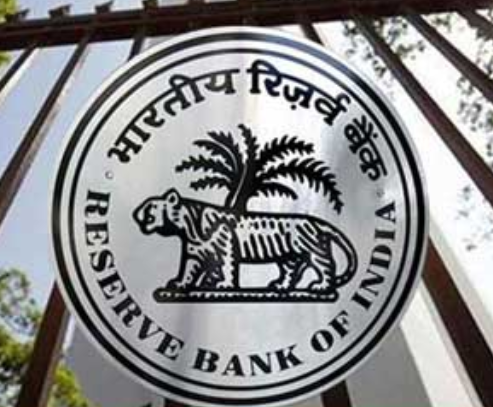Implications of the Closure of Accounts for Everyone in Crypto
On June 16, seven accounts were locked down by EOS blockchain in an attempt to stop the serial cyber thieves.
For many at face value, this move by the 21 block producers (BRs) in charge of validating transactions on the newly live blockchain, is a success in stopping malicious actors from cheating several users out of more than $20,000 in EOS. There are some concerns that this move will have far-reaching implications in the future, not just for EOS, but also for many other blockchains. This is what happened and lead to that move.
The migration from the ethereum blockchain to EOS own blockchain took place. To that effect, EOS holders had to register their new EOS wallet addresses. During the chaos caused by the transition, some users were duped by fraudsters into handing over their private keys.
Handing over your private keys in the crypto jargon means that your crypto is gone forever. In the case of EOS blockchain migration, the fraudsters could not sell the tokens immediately and they ran off with them. Within the EOS rules, all but 10 of users’ EOS tokens were bankrolled when the blockchain went live. In order to withdraw tokens, users had to unstake their coins, which is about a 72-hour waiting process.
Many EOS holders reported fraud, but only seven of them had moved to unstake, which is the first step towards a sale. Their cases among the many before the EOSIO Core Arbitration Forum (ECAF), supposed to end disputes between users. ECAF didn’t do so and instead argued that it did not have the jurisdiction.
Less than 24 hours before the stolen tokens were ready for the sale, the BRs acted unanimously and froze those accounts until ECAF could make a valid ruling to protect those who have the right to purchase tokens during the nearly year-long initial coin offering (ICO) the blockchain’s creator, Block one, executed.
Now the argument is that what stakeholders call the EOS blockchain “constitution” has not yet been decided on and made official yet. Those on EOS are then debating on whether that was the right decision to take and those off EOS believe that this is a proof that EOS’ delegated proof-of-stake mechanism, used to create a faster and more scalable blockchain, is prone to centralized control and thus, potential censorship as well.





